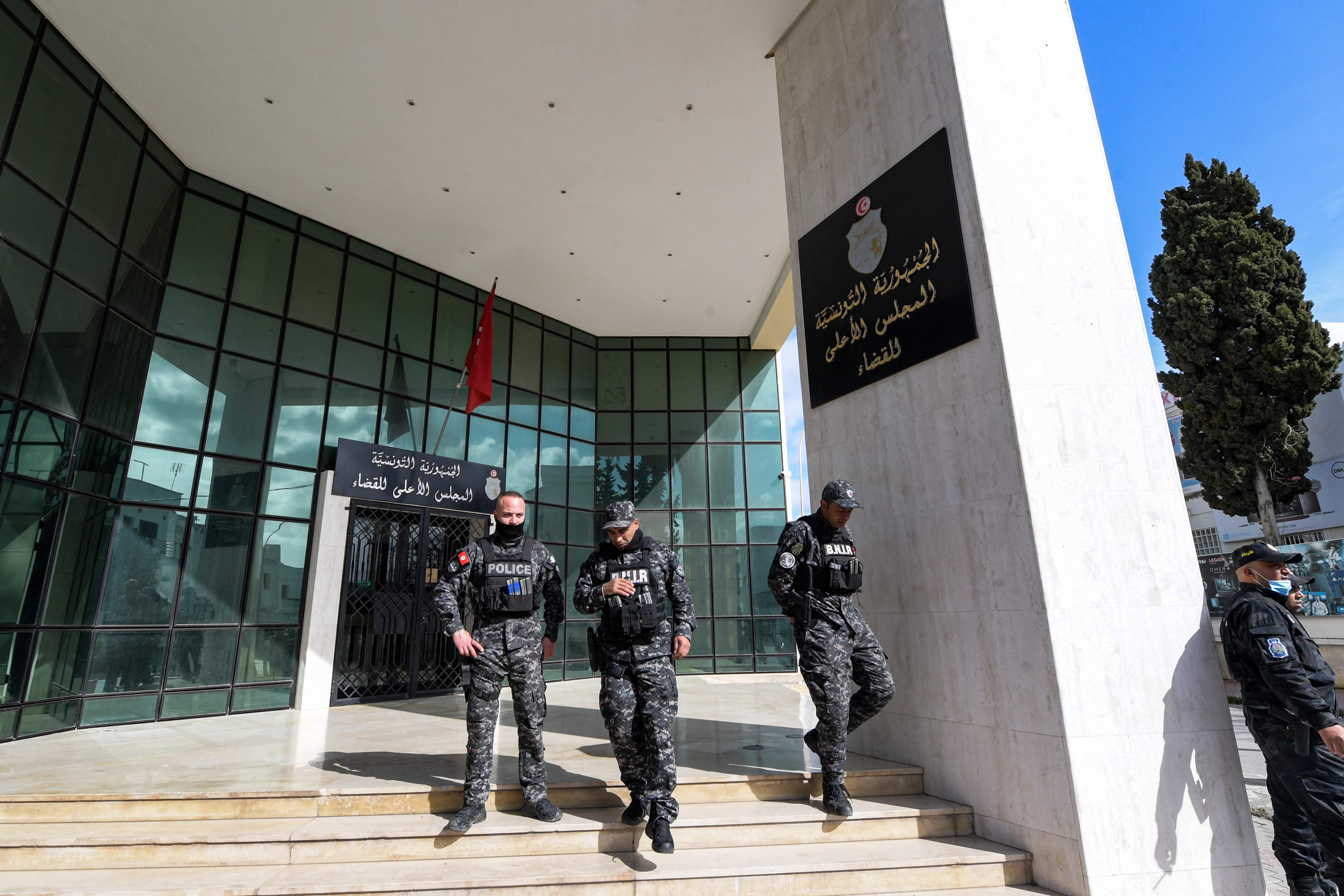Tunisia’s democracy is under threat – where is the international response?
Populist president, Kais Saied, announced a state of emergency last year and seized absolute control of both the executive and legislature, as Bel Trew explains

It was said so many times that it became a cliché, but Tunisia really was the sole success story of the 2011 Arab Spring uprisings that, in many parts of the region, facilitated more authoritarian regimes or seemingly endless war.
At least until summer 2021. In a move that took the world by surprise, the country’s independent, populist president, Kais Saied, announced a state of emergency in July and seized absolute control of both the executive and legislative wings of state. He suspended the constitution, fired the prime minister, froze parliament and dismissed the government. He repeatedly said his actions were intended to save Tunisia from collapse, and were a response to popular calls for change after mass protests against poverty, corruption and coronavirus restrictions.
The former law professor – who, perhaps ironically, actually used to teach constitutional law – was accused of shattering Tunisia’s constitution by doing this. Both experts and opponents, particularly those in the moderate Islamist party Ennahda that dominated Tunisia’s political arena for years, said he was stage-managing a coup.
Subscribe to Independent Premium to bookmark this article
Want to bookmark your favourite articles and stories to read or reference later? Start your Independent Premium subscription today.
Join our commenting forum
Join thought-provoking conversations, follow other Independent readers and see their replies